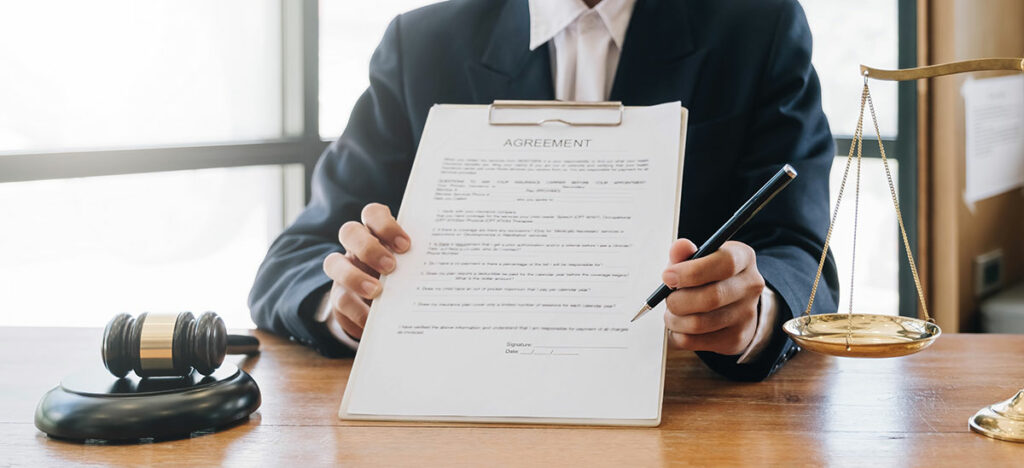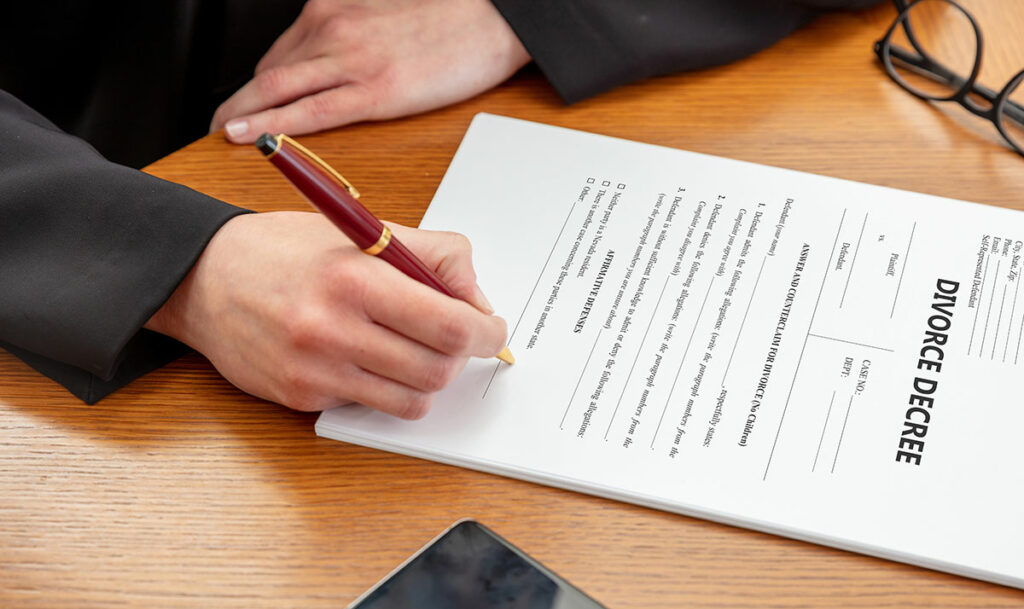
Are you on the hunt for unparalleled mobile notary services that cater to your schedule and location? Look no further! Summerville Mobile Notary is your trusted partner for on-the-go notary solutions that prioritize convenience and reliability.

In a world where time is a precious commodity, our traveling notary services become your go-to solution. Whether you’re a busy professional, a dedicated parent, or someone with mobility constraints, Summerville Mobile Notary brings the notary office to you, ensuring that not a moment of your time is wasted.
Legal documents demand accuracy and authenticity. At Summerville Mobile Notary, our team of professional mobile notaries specializes in the meticulous notarization of a wide array of documents, including deeds, estates, licenses, power of attorney, affidavits, and trusts. We bring expertise to your doorstep, ensuring that your documents meet the highest standards.
A notary, or notary public, plays a pivotal role in authenticating legal documents. Dive into the intricacies of the notary process:

Understanding what a notary cannot do is crucial for maintaining the integrity of the process:
For those who are not notaries, certain actions are strictly prohibited, including:

Experience the epitome of convenience with our on-site notary solutions. Summerville Mobile Notary prioritizes your time by eliminating the need for travel. We bring our services directly to your location, ensuring a hassle-free experience.
Our team of notaries specializes in a broad spectrum of legal documents. From deeds to trusts, expect meticulous attention to detail, guaranteeing that your documents meet all necessary requirements for notarization.
In urgent situations, time is critical. Summerville Mobile Notary prides itself on providing quick and efficient services, including same-day notary and emergency notary options. When time is of the essence, trust us to deliver.
We believe in transparency in our services and pricing. Our notary fees are competitive, and we ensure that you know exactly what to expect. No hidden costs—just reliable and affordable mobile notary services.
Discover a range of services tailored to your needs:

A1: No, a notary is prohibited from notarizing a document without the principal or subscribing witness being physically present. This ensures the authenticity of the process.
A2: No, notaries are authorized to operate within their specific state. Using an out-of-state notary may result in the document not being legally recognized.
A3: No, a notary cannot notarize a document that is blank or incomplete. All necessary information must be provided for the notary to validate the document.
A4: No, notaries are prohibited from notarizing their own signatures. This ensures an unbiased and impartial verification process.
A5: The cost of mobile notary services varies. At Summerville Mobile Notary, we offer transparent and competitive pricing. Contact us for a quote tailored to your specific needs.
In the realm of mobile notary services, Summerville Mobile Notary stands out as a beacon of reliability, efficiency, and professionalism. With a commitment to on-the-go convenience, expertise in legal documents, quick and efficient services, and transparent pricing, we are your go-to mobile notary partner. Experience the difference of having a notary come to you—choose Summerville Mobile Notary for all your notarization needs.